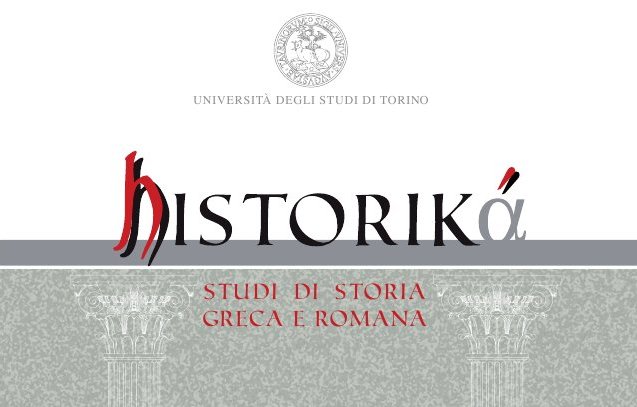Le regine dello sport. Atlete e artiste in gara nel mondo greco-romano
DOI:
https://doi.org/10.13135/2039-4985/2599Abstract
Quando in passato si è esaminato il tema dell’attività agonistica femminile nel mondo greco, è stato messo in risalto quasi sempre un unico dato: la differente condizione delle ragazze spartane, che godevano di una libertà più volte criticata e praticavano molti sport, rispetto a quelle ateniesi, dedite unicamente alla famiglia.
Questo modo di affrontare l’argomento può risultare però riduttivo se non lo si inquadra nel contesto storico-documentale, che offre una visione più ampia di tutta la problematica.
Il presente lavoro parte dall'analisi di due frammenti provenienti dal corposo ritrovamento negli scavi della Metropolitana di Piazza Nicola Amore a Napoli del 2004. Tali frammenti contribuiscono ulteriormente ad attestare la presenza ai Sebastà di Napoli di competizioni di corsa riservate alle ragazze e offrono anche l’occasione di analizzare il tema più volte affrontato dell’agonistica femminile nel mondo greco romano.
Per affrontare l’annosa questione della possibilità di una partecipazione femminile agli agoni sportivi, vengono esaminate le testimonianze, epigrafiche e non, che permettono di determinare le specialità in cui le donne sono risultate vincitrici, e di valutare le eventuali differenze, di tempi, luoghi e modi, nella partecipazione alle gare.
When in the past it was examined the issue of women's racing in the Greek world, it was highlighted almost always a single fact: the different state of the Spartan girls, who enjoyed a freedom repeatedly criticized and who practiced many sports, compared to the Athenians, dedicated solely to the family.
This approach to the topic, however, can be reductive if it is part of the histori-cal and documentary context, which provides a broader view of the whole issue.
This paper starts from the analysis of two fragments from the full-bodied discovery during excavations of the Metro in Piazza Nicola Amore in Naples in 2004. These fragments further contribute to attest to the presence at the Sebastà of Naples of running races reserved for girls and therefore offer us also an opportunity to analyze the issue repeatedly addressed of female sport competitions in the Roman and Greek world.
To deal with the vexed question of the possibility of a female participation in sports contests, it will look at the evidence, not only epigraphic, which allow to determine the specialties in which women were winner, and to assess any dif-ferences, the times, places and ways, in participating in tenders.
##submission.downloads##
Pubblicato
Fascicolo
Sezione
Licenza
Gli autori che pubblicano su questa rivista accettano le seguenti condizioni:
- Gli autori mantengono i diritti sulla loro opera e cedono alla rivista il diritto di prima pubblicazione dell'opera, contemporaneamente licenziata sotto una Licenza Creative Commons - Attribuzione che permette ad altri di condividere l'opera indicando la paternità intellettuale e la prima pubblicazione su questa rivista.
- Gli autori possono aderire ad altri accordi di licenza non esclusiva per la distribuzione della versione dell'opera pubblicata (es. depositarla in un archivio istituzionale o pubblicarla in una monografia), a patto di indicare che la prima pubblicazione è avvenuta su questa rivista.


 The journal has been approved for inclusion in DOAJ. The DOAJ listing of the journal is available at
The journal has been approved for inclusion in DOAJ. The DOAJ listing of the journal is available at 

